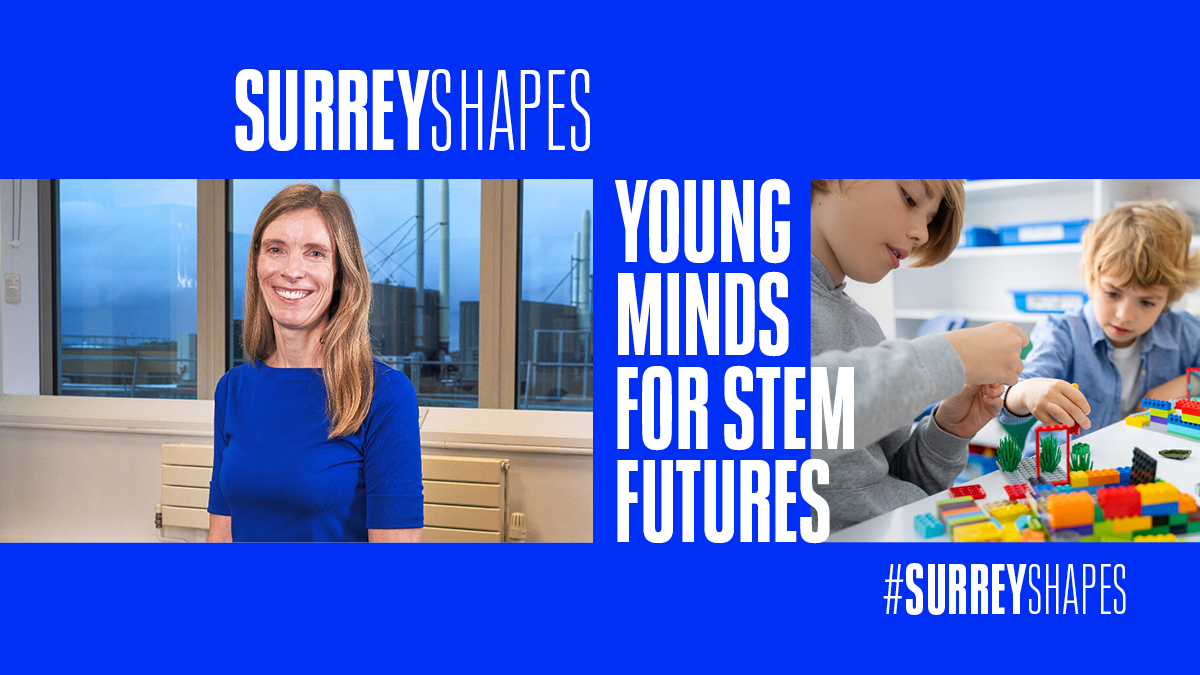Puzzles and LEGO® play are building blocks for future STEM skills success
As the Government’s Curriculum and Assessment Review closes today, a University of Surrey professor and her colleagues are urging policymakers to overhaul the UK’s education system to prioritise spatial reasoning.

Research led by Professor Emily Farran, an expert in cognitive development at the University of Surrey, has shown that by focusing on spatial skills, children's academic performance and their future career prospects can be significantly improved.
Spatial reasoning, the ability to understand the size and location of objects and visualise problems, is a fundamental skill that underpins success in STEM subjects. However, as current education curricula lack emphasis on this critical skill, Professor Farran is calling for a shift in educational priorities, advocating for an update to all phases of the Mathematics Curricula to explicitly reference and assess spatial reasoning.
Professor Farran has submitted evidence to the government's Curriculum and Assessment Review. Her evidence builds on the practical support she and her colleagues have developed that is already having a front-line impact. This includes a series of accessible resources in a Spatial Reasoning Toolkit for practitioners and parents which has been adopted by the Teach First teacher training pathway, highlighted in the Department for Education training and is being translated for use internationally.
Furthermore, the research has found:
- There is a strong correlation between spatial reasoning skills and performance in STEM subjects.
- Children from disadvantaged backgrounds often have lower spatial skills. Spatial training can help level the playing field.
- A focus on spatial reasoning can help address the current STEM skills shortage, estimated to cost the UK economy over £1.5 billion annually, and help to future-proof the workforce.
Professor Farran's key recommendations include:
- Integrating spatial reasoning into all phases of the Mathematics Curricula.
- Developing a spatialised mathematics curriculum, that emphasise visualisation, spatial representation, and spatial language.
- Enabling the most effective spatial training through the use of physical items, such as LEGO, puzzle blocks and outdoor obstacles.
- Providing teachers with appropriate professional development to support the curriculum changes.
- Increase investment in research on spatial learning.
Related sustainable development goals



Media Contacts
External Communications and PR team
Phone: +44 (0)1483 684380 / 688914 / 684378
Email: mediarelations@surrey.ac.uk
Out of hours: +44 (0)7773 479911
